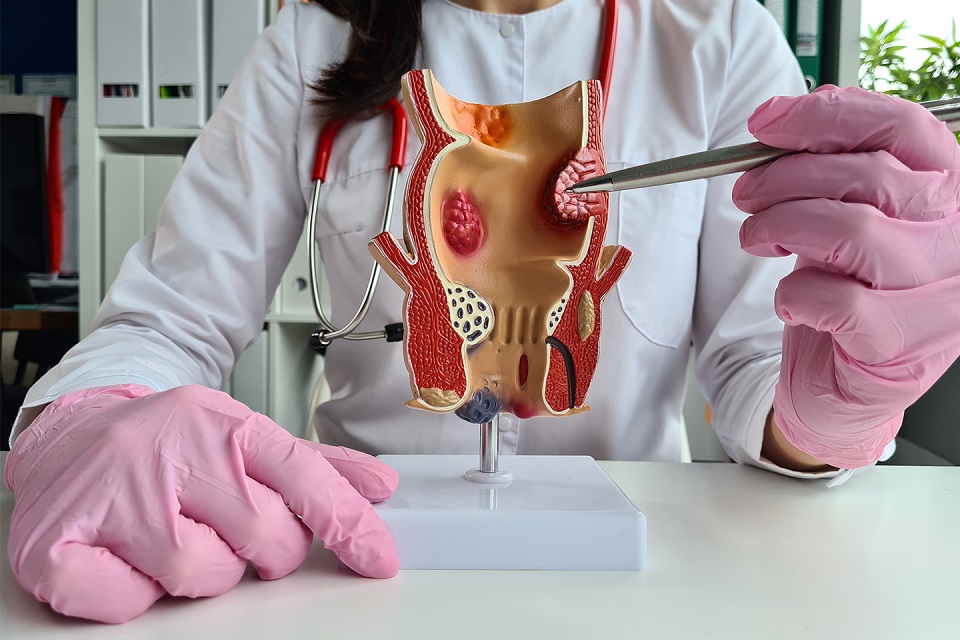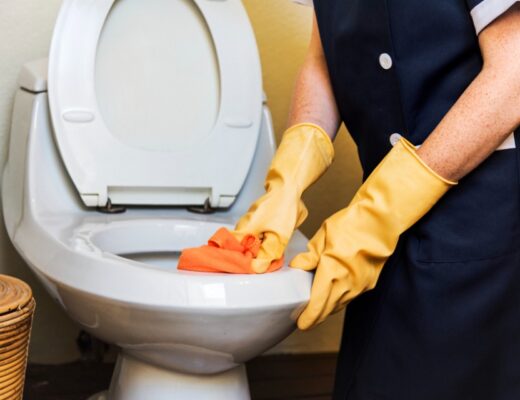Hemorrhoids are a common medical issue. Symptoms can include anal itching, pain during bowel movements, and bleeding after a bowel movement.
For the treatment of hemorrhoids, home remedies are frequently suggested. These remedies may include using a toilet seat cushion or taking pain relievers such as acetaminophen (Tylenol) or ibuprofen (Advil, Motrin IB).
If symptoms persist, a doctor may perform a flexible sigmoidoscopy or colonoscopy to rule out other medical conditions.
Symptoms
Hemorrhoids refer to enlarged blood vessels that develop in the area surrounding the anus or lower rectum. They may cause pain and itching but are rarely dangerous. They are most often the result of straining during a bowel movement or constipation. They also can occur due to pregnancy or being overweight.
If symptoms don’t subside with at-home treatment, a doctor should be consulted for further evaluation. A physical check will be conducted as part of the examination, which may include a digital rectal examination and an anoscope. The anoscope is a small plastic tube inserted into the anal canal with illumination.
To help with hemorrhoids treatment, get plenty of fiber from high-fiber foods like beans, broccoli, and whole grains. Drinking enough fluids but not too much, as dehydration can worsen symptoms, is another crucial step. Aim for 2.7 liters (91 ounces) daily. You can get this by drinking water and unsweetened beverages like herbal teas, coffee, and iced tea. Exercise, which can promote regular bowel movements and reduce straining, is also beneficial.
Diagnosis
Symptoms of hemorrhoids typically resolve on their own, especially with home treatments. But when they don’t, seeing a physician for in-office treatment is crucial to prevent complications.
During a physical examination, the physician will thoroughly examine the rectum and anus to check for any signs of hemorrhoids, including inflammation, protrusions, or discomfort. Your doctor can advise further tests to assess your digestion and bowel motions, such as an ultrasound or a stool sample, along with a physical examination. Ibuprofen (Advil, Motrin IB), acetaminophen (Tylenol), and other over-the-counter painkillers like ibuprofen (Tylenol) can be beneficial in easing the discomfort and itching brought on by hemorrhoids. You can also consider using ointments for relief. Creams and suppositories are available over the counter to ease symptoms. Most of these products combine emollients, such as witch hazel, and other medications, such as hydrocortisone, to reduce inflammation and anesthetics to relieve pain and itching. The majority of drug stores sell these. However, be careful not to use a laxative suppository, such as glycerin, for this purpose, as it can worsen your hemorrhoids.
Treatment
Hemorrhoids can be painful and embarrassing, but they’re usually not serious. You can often treat them at home with simple, safe techniques.
The three most typical symptoms are sitting pain, anal itching, and bleeding during or after a bowel movement. The pressure on the veins near the anus and rectum makes hemorrhoids more likely to form. It can happen due to prolonged bathroom use, chronic constipation, straining during bowel movements, or pregnancy.
You should see your doctor if you have pain, itching, or bleeding that doesn’t stop after at-home treatment. A hemorrhoid banding technique, in which a tight elastic band is wrapped around the base of a hemorrhoid to cut off its blood supply, may occasionally be suggested by your doctor. It can be done in the office and has a 95% success rate. You might need a hemorrhoidectomy or surgery under general anesthesia in more severe cases.
Prevention
The good news is that hemorrhoids are rarely severe. They’re usually just pain and itching that goes away with time. But you can help prevent them from reoccurring by doing simple things at home.
Most hemorrhoids are swollen blood vessels in the anal canal and lower rectum that cause pain or itching, especially when sitting or having a bowel movement. They’re most often caused by pressure on the veins and blood vessels, such as straining to have a bowel movement or being overweight.
You can take steps to reduce your risk of hemorrhoids, including taking a warm bath two or three times daily and eating plenty of fiber-rich foods, such as vegetables, fruits, nuts, whole grains, and beans. You can also take a dietary fiber supplement, such as psyllium husk (choose the kind without added colors and flavors), to keep your bowel movements soft and easy to pass. It can help prevent constipation, which is a major cause of hemorrhoids.








No Comments